Who are we ?
Serving common good
Presentation
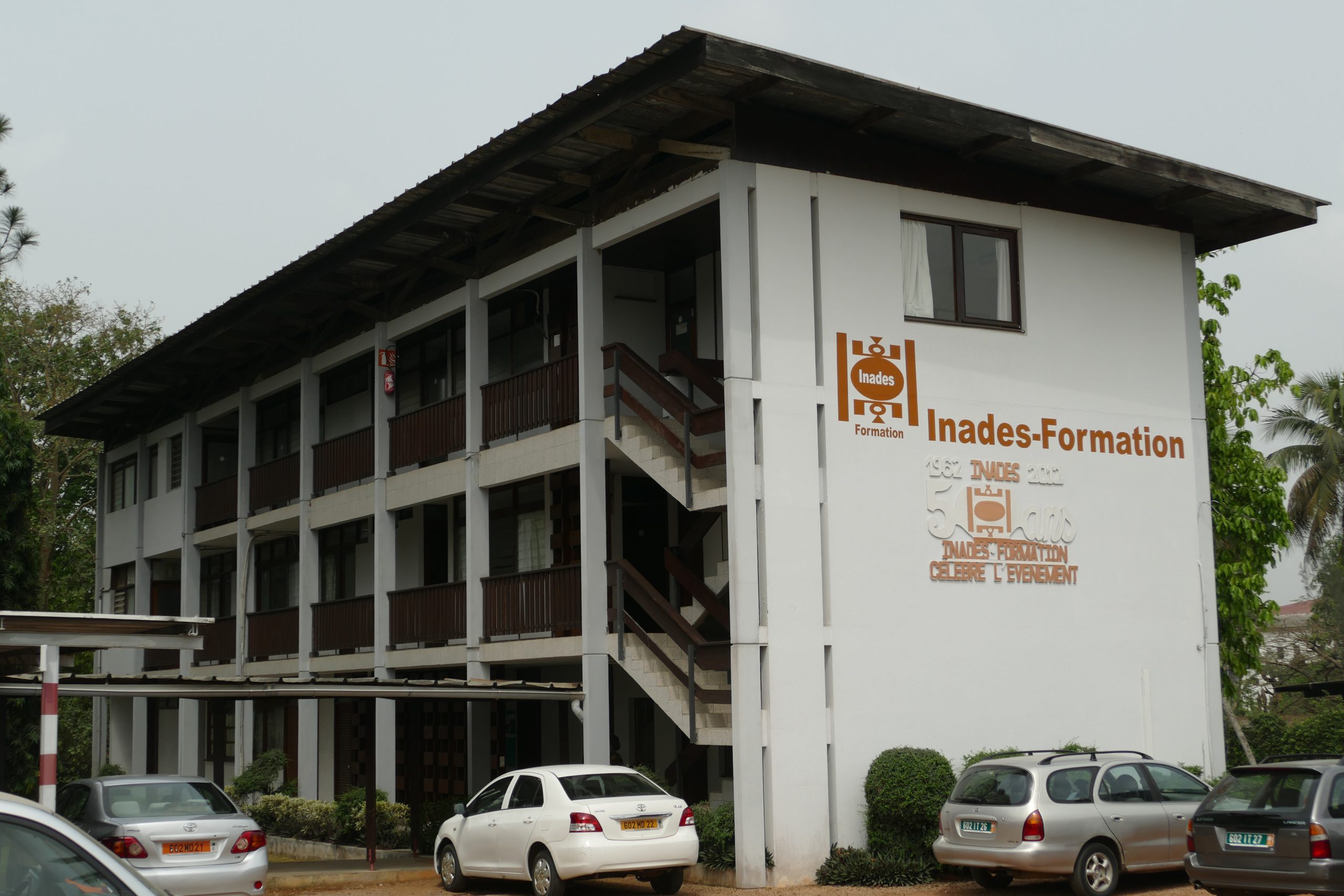
Our history
Our target audience
Our working approach
Our working approach evolves from correspondence courses in 1962 to the SAADEV method to the present day. The scale below better illustrates the evolution of our working method.
At the beginning, correspondence courses
At the time of its creation, in the 1960s, Africa’s challenge was primarily technological, for a public composed of rural adults, farmers, animators and supervisors of the rural world. The emblem of all the efforts made at that time was the red book of Agriculture, administered through correspondence courses. Each course was well thought out from the content to the methods of support for the registered participants, in a constant effort to provide the knowledge and know-how necessary for the implementation of the learners’ activities. For twenty years, these courses have effectively supported the access of many African farmers to agricultural production methods and techniques. The fame of these courses crossed the limits of the African continent, since towards the end of the 1970s, the FAO financed their translation into other languages.
The project approach and the integrated intervention program for beneficiaries’ projects (APFI)
At the start of the 1980s, the organization of the rural world became the major challenge to be met. For the next twenty years, the role of farmers and their organizations in development was to be the order of the day, with sure variations: “democracy and development, gender and development, and women’s access to the means of production and to the products of the family farm”, etc. Thus, the project approach and the approach by intervention program integrated to the beneficiaries’ projects (APFI) have been initiated and used to systematize the taking into account of the needs of the training applicants and to organize these trainings in a more coherent way and to take into account factors other than training.
… The ADOP stage: supporting peasant organizational dynamics…
- The centrality of the peasant
- Access to strategic resources and their control
- Strengthening the capacities of peasants
- Partnership to promote the desired changes
- Equity between social categories
- Institutional flexibility
SAADEV: a strategic approach to work for the common good
- the poverty, more and more growing of a majority facing a minority
- a concentration of wealth in the hands of a decreasing number of people
- the increase of inequalities, social exclusion
- food insecurity
- the plundering of natural resources
- environmental degradation, climate change
- the incitement to standardize people’s lifestyles according to the market, at the expense of freedom of choice and consumer rights
- the mismanagement of public goods,
- Co-construction and experimentation of practical initiatives in the field
- Co-construction and experimentation of practical initiatives in the field Advocacy for a favourable regulatory framework or the co-construction of values, norms, laws and rules for living together well
- The piloting of studies, research, conceptualization to support creativity, innovation and thinking on development for the common good.
- Solidarity ;
- Sustainability (social, ecological, environmental, economic)
- Equity between social categories;
- Citizen control ;
- Re-distributive economies;
- Openness to others, respect of cultural and religious differences;
- RAF (research-action-training).
1962
1980
1990
2016
nowadays
Governance
The General Assembly is made up of all associate members, individuals and legal entities. It meets in ordinary assembly every 3 years.
The International Board of Directors
The Board of Directors of the International Inades-Formation Association known as the International Board of Directors is made up of a president, representatives of national member associations and elected members.

Mr. RUKUNDO Alexis
President of the International Board of Directors
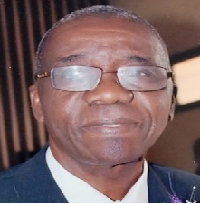
Mr. TETIALI Digbeu
Managing Director, Chairman of the Board of Directors Inades-Formation Côte d’Ivoire

Mr. OUEDRAOGO Benoît
Chairman of the Board of Directors Inades-Formation Burkina Faso
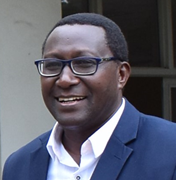
Mr. MASUGURU Apollinaire
Chairman of the Board of Directors Inades-Formation Burundi

Mrs. WANDOU Marthe
Chairman of the Board of Directors Inades-Formation Cameroon

Mr. MBOKOTHE Gabriel
Chairman of the Board of Directors Inades-Formation Kenya

Mr. MAGANGA Jean-Baptiste
Chairman of the Board of Directors Inades-Formation Congo

Mr. VEDASTE Avemariya
Chairman of the Board of Directors Inades-Formation Rwanda

Mr. KATUNZI Alphonse
Chairman of the Board of Directors Inades-Formation Tanzania
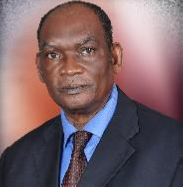
Mr. YOYANA Baniara
Chairman of the Inades-Formation Tchad Board of Directors

Mr. AYESSAKI Boukari
Chairman of the Board of Directors Inades-Formation Togo

Mrs. BERE Celestine
Treasurer – Member of the International Board of Directors
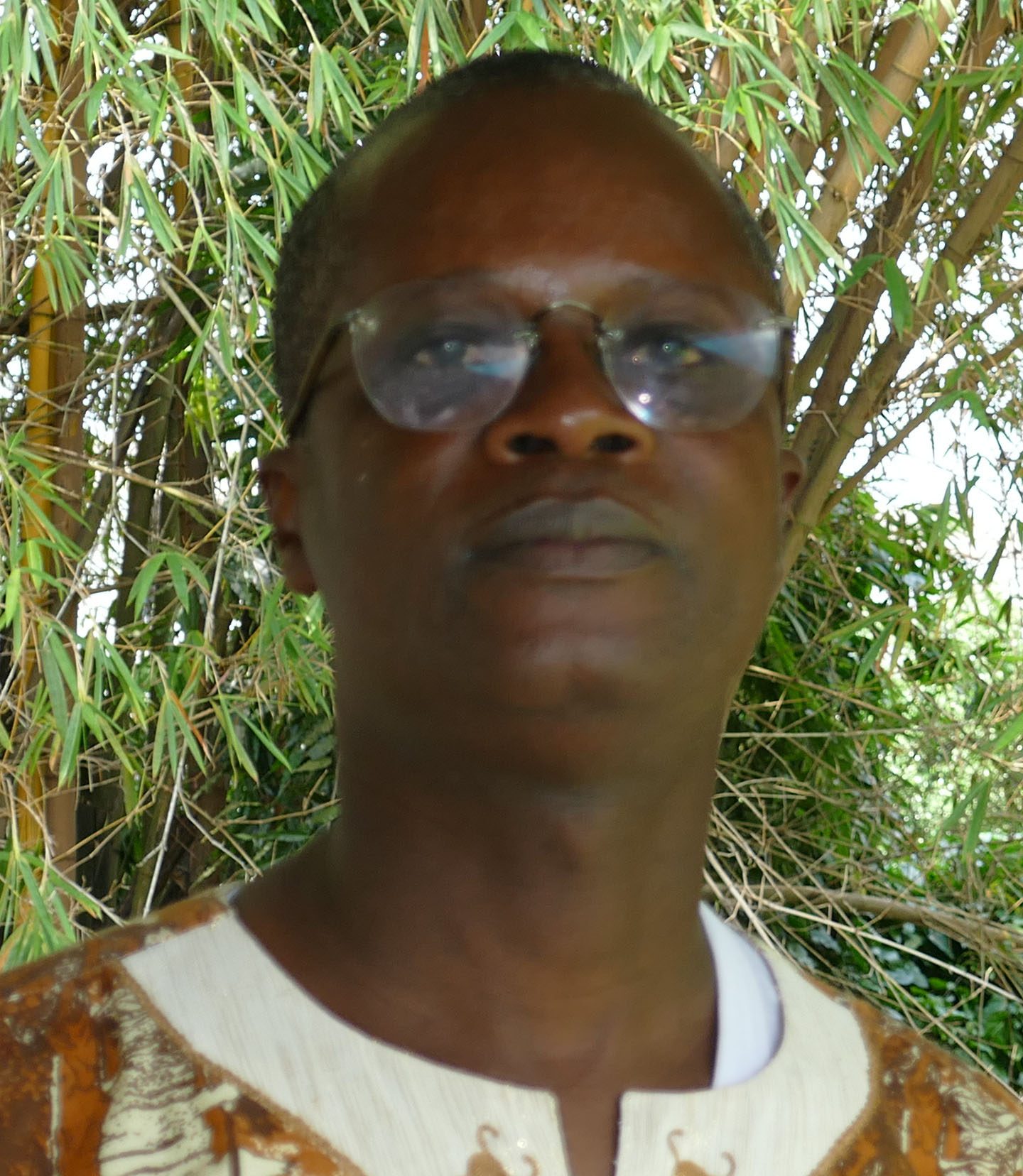
Father LOROGNON Serge, sj
Society of Jesus (COJECI)
The General Secretariat

Mr. ADESSOU Kwaku Sena
General Secretary

Mr. YAO Koffi Julien
Director of Administration and Finance

Mr. SAHINGUVU Richard
Director of Programs

Mr. MOUMBAGNA Mama
Head of mission

Mr. BARIDOMO Pascal
Advocacy officer

Mr. TUO Foungnigué DAGNOGO
Computer Engineer

Mr. KOUAME Alphonse
Food Systems Project Officer

Mr. LOROUX Stéphane
Land manager

Mr. ASSOKO Mallet
Research and Advocacy Officer

Mrs. MOROH ACHI Marcelle
Communication Manager

Mr. SANOU Emmanuel
Accounting Manager

Mr. GONE Aristide
Bio-Factory project Coordinator

Mrs. KONAN Brunda
An accountant

Mrs. BELLE Aurélie
Associative life assistant

Mrs. KPENOU Carine
Executive assistant

Mrs. BANHORO LY Aïssétou
Bilingual executive assistant

Mrs. BLECHIE Mariame
Executive assistant

Mr. KONAN Clément
Driver

Mr. MAMBO Henri
Service Agent

Mr. COULIBALY Panka
Consultant Driver




